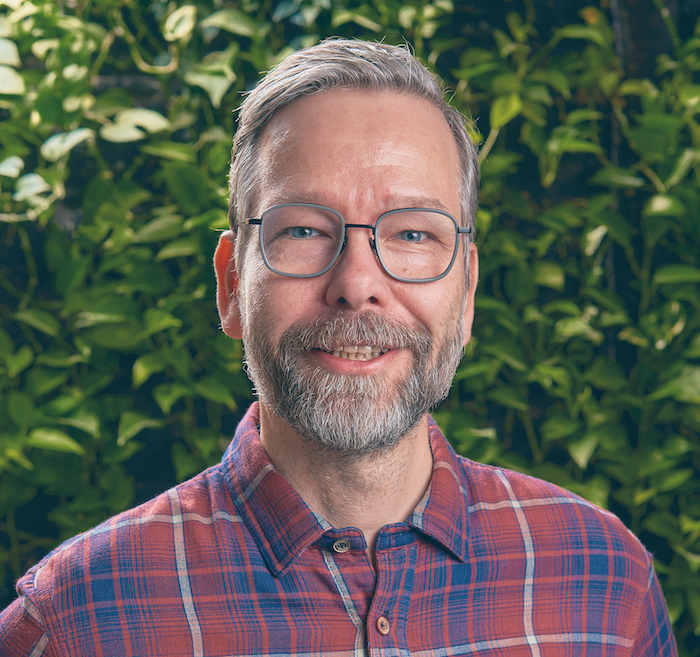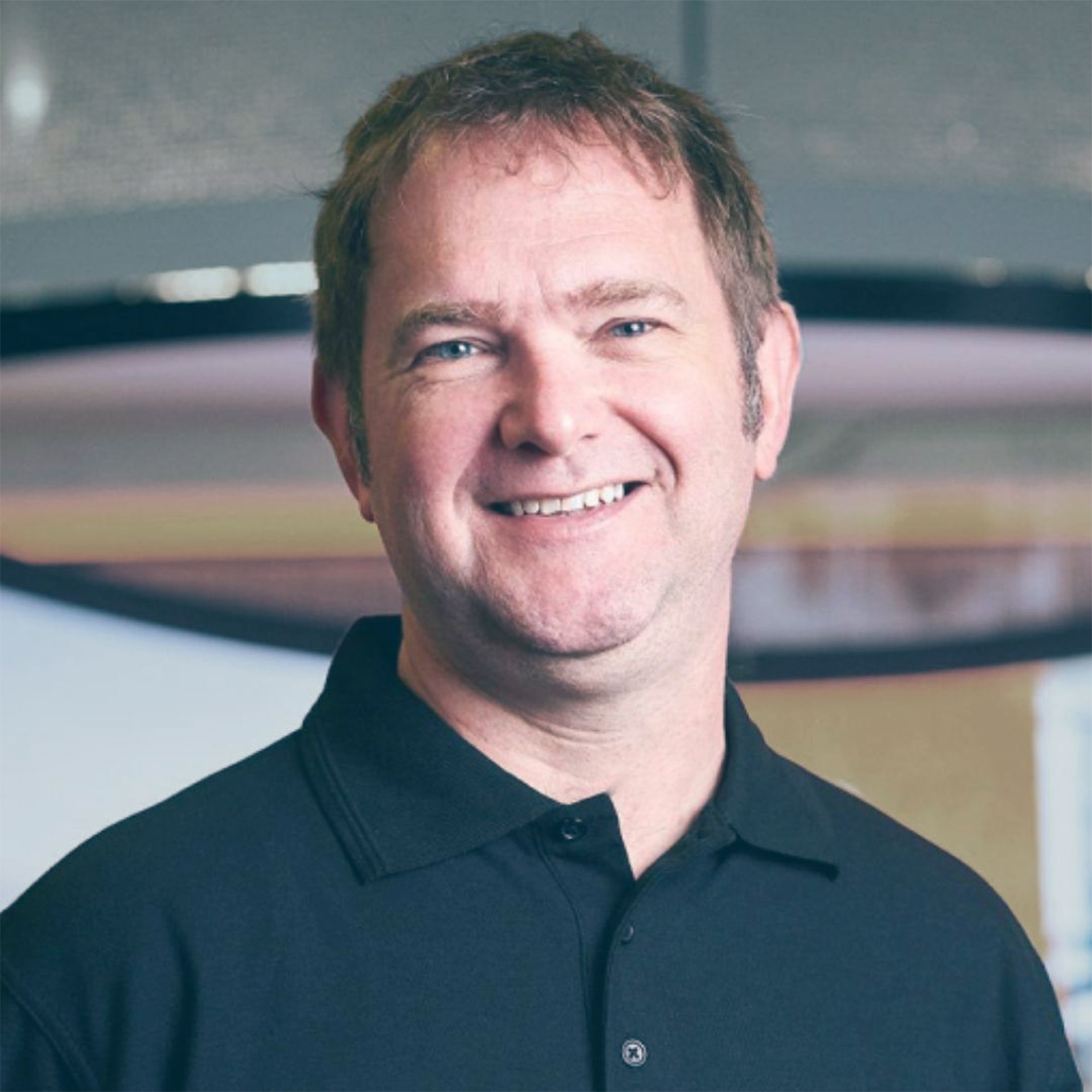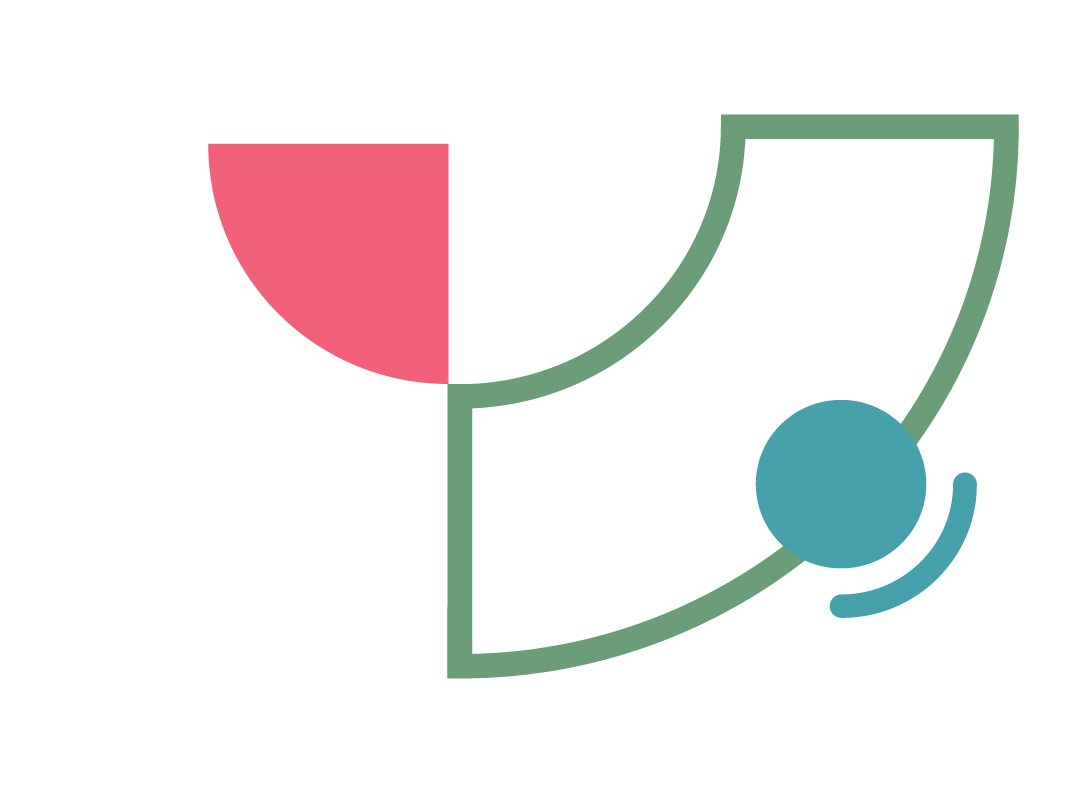Webinar recording available
Event info:
The Thoughtworks Technology Radar has been tracking changes in the technology landscape for over a decade. It is a twice-yearly snapshot of tools, techniques, platforms, languages and frameworks. This knowledge-sharing tool is based on our global teams’ experience and highlights things you may want to explore on your projects.
Our webinars usually give a glimpse into the main highlights of the newest Radar. But here we take a deep dive and look beyond the blips (emerging topics that caught our attention). This time our focus was specifically and fully on infrastructure blips that we think should be on your radar.
Why you should watch the recording
Learnings based on real experience: The Radar captures the experiences and learnings from Thoughtworkers based on the work they do on behalf of our clients. As a result, it cuts across technologies, industries and geographies.
No fluff, no filter: We talk about blips that we liked, but we also don't hesitate to highlights experiences that did not work out for us.
True expert knowledge: Kief Morris and Erik Dörnenburg - two Thoughtworkers who stand for infrastructure expertise at Thoughtworks - hand picked blips they consider especially interesting for infrastructure experts.
Who might find this interesting?
Infrastructure engineers, systems administrators, systems engineer, cloud engineer, cloud infrastructure engineers, cloud architects, DevOps engineer, site reliability engineers, infrastructure architects, solutions architects, enterprise architects, IT security engineers and anyone who is interested in the latest technologies that will help you to level up your infrastructure projects.
Speakers:
- Valentina Servile - Lead Software Developer and author of Continuous Deployment
(unfortunately could not attend) - Kief Morris - Distinguished Engineer and author of Infrastructure as Code
- Erik Dörnenburg - CTO Thoughtworks Europe
Webinar recording

Erik Dörnenburg
CTO Thoughtworks EuropeErik is a software developer, consultant and Head of Technology at Thoughtworks. During his career he has gained experience with different technologies and platforms and is interested in their potential for practical problem solving. His goal: to make software architecture more understandable through simple design and through software visualization.

Kief Morris
Distinguished Engineer and author of Infrastructure as CodeKief Morris (he/him) is the Global Infrastructure Community Lead at Thoughtworks, and the author of the O’Reilly book Infrastructure as Code.
He works with clients around the world to explore better ways to apply cloud and infrastructure technology to help teams deliver stronger value more quickly and reliably. Originally from Tennessee, Kief moved to London in the dot-com days and has been there ever since. He advises leaders and teams and helps them to plan, design, and implement systems for delivering and managing cloud-based infrastructure and platforms. He is constantly learning, evolving, and sharing his ideas on better approaches to building infrastructure. He does this by leading on shaping approaches to designing and building infrastructure for clients across Thoughtworks teams globally.

Valentina Servile
Lead Software Developer and author of Continuous DeploymentValentina Servile, a Lead Software Developer at Thoughtworks, is a full-stack software craftswoman with extensive experience across startups and enterprises in five countries. She specializes in clean code, distributed systems, microservices, and evolutionary architectures, with a strong emphasis on CI/CD practices. As a technical lead, she drives delivery, fosters team alignment on technical health and ways of working, and is passionate about establishing robust engineering baselines of clean code, testing, and automation as the foundation for Agile, Lean, and DevOps principles. She is also the author of 'Continuous Deployment: Enable Faster Feedback, Safer Releases, and More Reliable Software.'
Valentina could unfortunately not attend.

More about the Technology Radar
Check out the Technology Radar before the webinar and get a sneak peek into the latest blips.
The report divides the trends into four groups: Techniques, platforms, tools, programming languages and frameworks. Within these groups, each trend has a recommendation: "Hold" for technologies that are not initially recommended for use; "Assess" for technologies that require further evaluation; "Trial" for technologies that are ready for use; and "Adopt" for mature technologies.
The themes of from Vol 31 were:
- Coding assistance antipatterns
- Rust is anything but rusty
- The gradual rise of WASM
- The Cambrian explosion of generative AI tools
If you want to learn more about the Radar, how to use it or how it’s built, check out the FAQ.
















